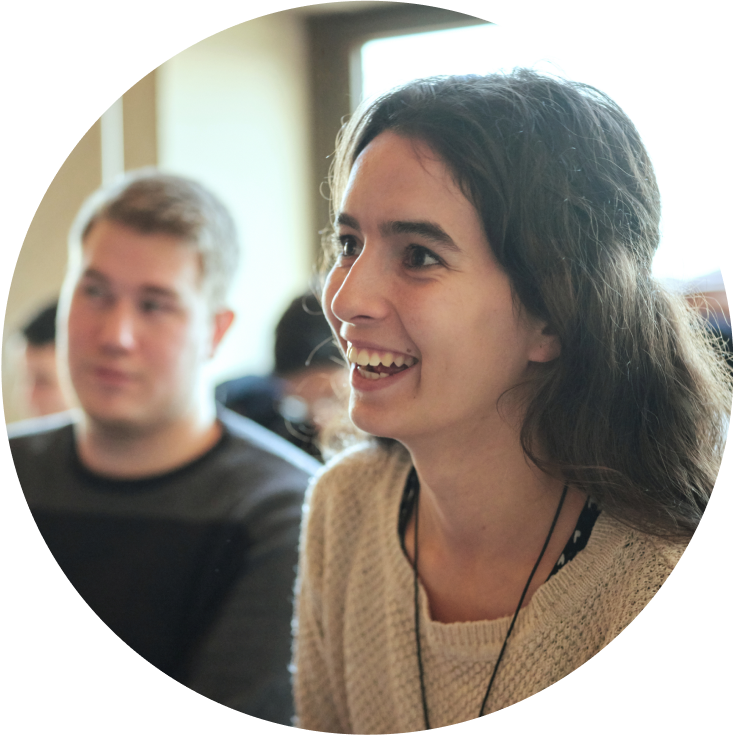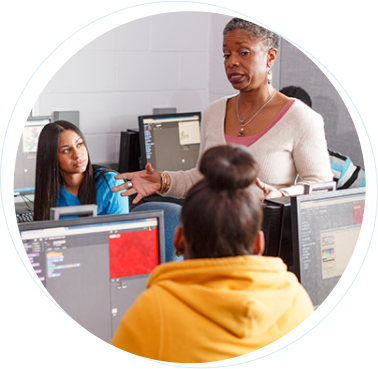Student Experience Research Network was founded in 2015 as Mindset Scholars Network, based on a growing body of evidence showing that how students make meaning of their experiences in school, through the lens of their beliefs about ability, belonging, and relevance of their schoolwork, influences their learning and well-being. This research makes clear that it is not enough to focus exclusively on inputs and outcomes in education; we must also consider how students are experiencing the system itself.
This means interrogating every aspect of the education system: what’s taught, how it’s taught, who is teaching, what’s assessed and how, how students and families are treated in schools, how schools are resourced, and much more. The signals conveyed through these structures can either support or undermine a student’s ability to bring their full self to school and devote their full attention and energy to learning.
Over time, we identified a through line in various scientific fields, disciplines, and concepts that were part of our work. In order to learn and thrive, students need to experience respect as valued people and thinkers. This experience of respect cannot come from interpersonal interactions alone, although relationships are critical. It must also be embedded in practices, policies, and norms that communicate to every student that they are valued as a person and thinker by their institution and by the education system.
Research that speaks to this idea affirms what stakeholders across the education system intuitively know, including what we heard from speakers at our events, about how to create learning environments that support students to learn and thrive.
However, this truth is yet to be manifested in our education system. Institutional segregation and resource inequities are upheld by legislation, judicial decisions, and individual choices. Curricula and instruction have traditionally privileged certain knowledge and cultural legacies and excluded others. Institutional policies and national trends have produced an instructional workforce that does not reflect the diversity of the student body. Policies around tracking, assessment, special education, and discipline are exclusionary and punitive and disproportionately deployed.
Research demonstrates how students’ experiences of these structures affect their learning and well-being:
Research that draws on rigorous approaches from across the social sciences and integrates the perspectives of education stakeholders is essential to understanding the complex ways these practices, policies, and norms systematically and differentially shape students’ experience of school—and how they can be changed. But this type of scholarship is not supported by the current structures of the academy, and the knowledge that is created often doesn’t reach decision makers in a timely or useful fashion.
Student Experience Research Network worked to advance scientific knowledge – and bring it to decision-makers – to create a better system: one that supports every student’s learning and well-being by respecting them as a valued person and thinker.



